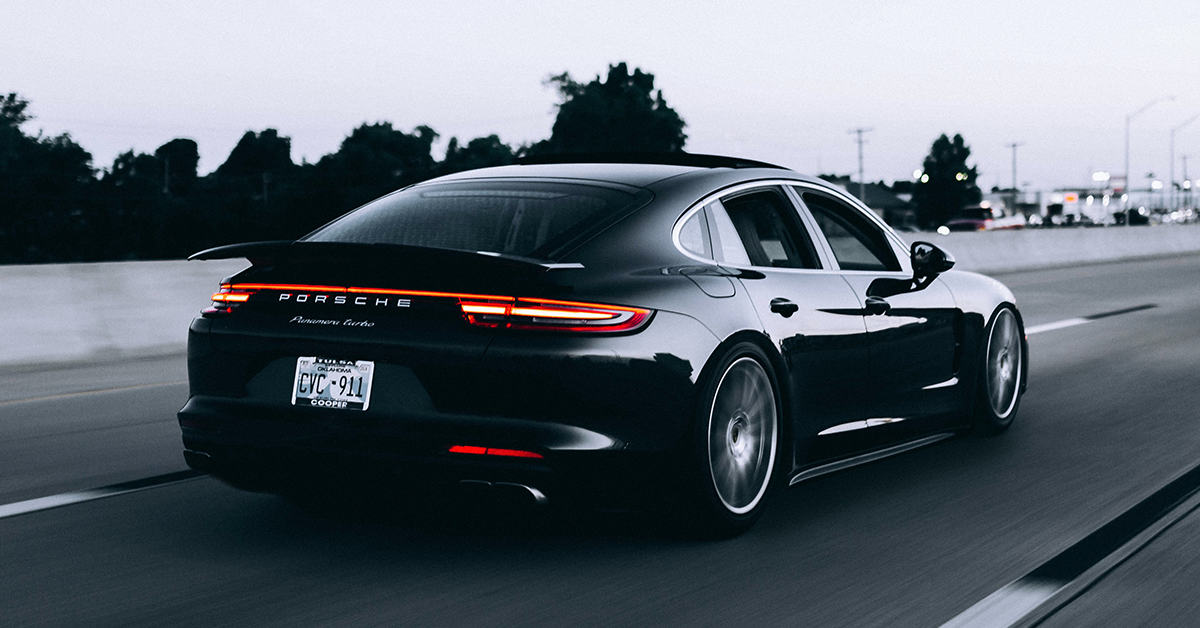
20 Oct Porsche revs up the engine trying to register sound marks
Sound marks
Sound marks are those made up exclusively of a sound or combination of sounds. Some examples are the famous McDonald’s jingle “I’m loving it” or the Mercadona supermarket melody.
As with any other type of trademark, the prerequisite for the registration of a sound mark is that the sound alone possesses distinctive character, i.e. that the average consumer is able to perceive the sound as a memorable sound uniquely associated with the goods or services offered by a particular undertaking, and that it has a “certain strength” that enables consumers to perceive it and regard it as a trade mark.
This is not the case if the sound is perceived as a functional element of the goods and services for which protection is sought or as an indicator with no intrinsic characteristics of its own. This is precisely what happened to Porsche with the engine sound which it sought to register as a trademark.
Facts
On 18 November 2022, the Porsche company (Dr. Ing. h.c. F. Porsche Aktiengesellschaft) applied to register the synthesised sound of an accelerating Porsche electric engine as a sound mark. However, the EU trademark application No. 018795489 in classes 9, 12, 28 and 41 was rejected as a sound which does not stand out in itself and is devoid of distinctive character.
EUIPO Decision
Despite Porsche’s arguments that the requested sound fulfills the typical characteristics of a musical composition because it consists of different combined tones that create a memorable and unusual melody, the EUIPO Examiner considered that the claimed sound mark consists of such a basic sound that, if heard by the consumer, it will have little or no impact and will not serve the purpose of indicating the source of origin of the company.
Thus, the consumer will create a connection with the type of products that produce such a sound, without any recognition that Porsche is the origin of the sound. In other words, the sound does not enable the relevant public to distinguish the applicant’s goods and services from those of other suppliers.
Pursuant to Article 7(1)(b) of Regulation (EU) 2017/1001, the application was refused in its entirety for lack of distinctive character.
What next?
The decision of 25 August 2023 refusing registration of the sound mark has been appealed by Porsche, so the decision is not final, and we will have to wait for the decision of the Board of Appeal.
With this type of decision, we can see that the registration of non-traditional trademarks such as sound marks remains a difficult challenge to overcome. The difficulty of relating a sound to the business origin of a product or service, the fact that a sound is not usually used as a means of identifying a company’s trademarks, among many other factors, mean that very few sound marks applied for are finally registered.
As we have seen in the examples of registered sound marks mentioned at the beginning of this article, most of them consist of sounds with distinctive character acquired through extensive use, and it is precisely this that has facilitated their registration, as is the case with other non-traditional marks such as the colour mark.
The Porsche engine has been roaring for a long time, but it remains to be seen whether users, when they hear its sound, do not think of vehicles in a generic way, but identify this motoring giant.
Author: Jiarong Wu Zhou, Lawyer.
Photo by Campbell on Unsplash



